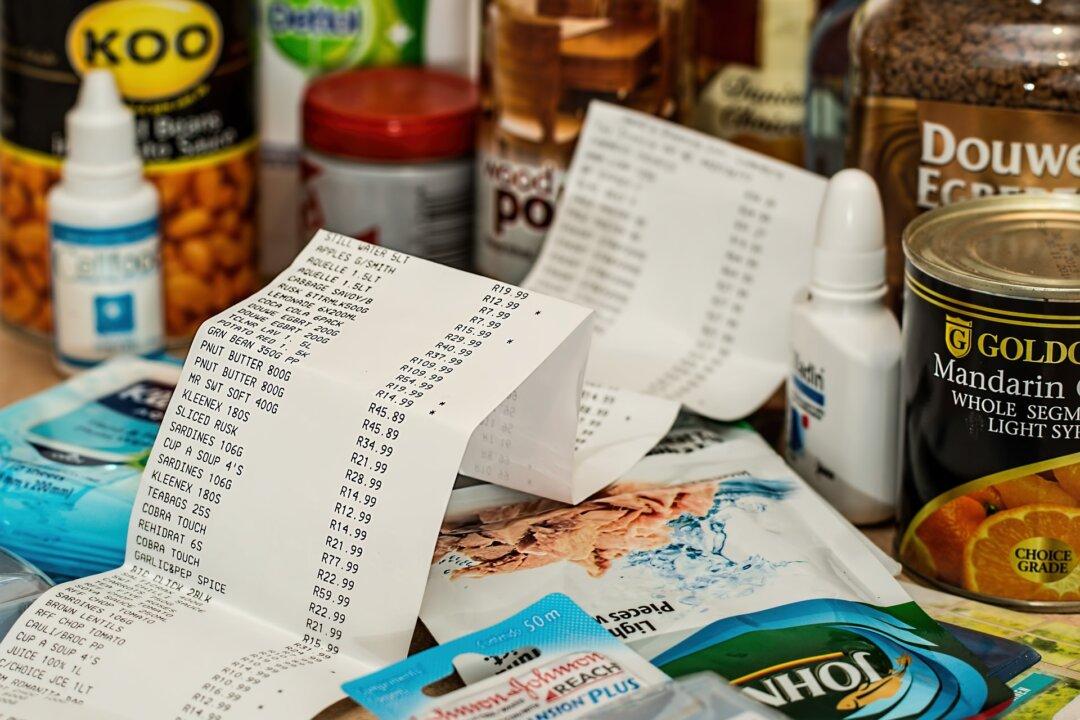The coronavirus has created a lot of uncertainty for many businesses and households.
Whilst there are millions currently on furlough, unemployed and business owners biting their nails over the next few months, there are a number of financial options available from your bank and providers that can help manage your cash flow more effectively.
Households
One of the biggest areas to save for households is on mortgage payments, where the UK government and banks have agreed to offer payment holidays of up to 3 months.You will need to demonstrate a loss of income and difficulty in repaying your mortgage as a result of the coronavirus; and that you are not applying as part of a long-term financial issue.
Tax
The UK has offered VAT and self-assessment tax delays for individuals and businesses who are looking to maintain their cash flow.For many self-employed and small businesses, the ability to defer tax payments will offer a healthy balance short-term.
Business Bank Accounts

For those using business bank accounts, customers can use their overdraft during COVID-19 without incurring any fees.
Currently, this is limited to just £500, however, different terms may apply depending on the bank, your previous payment history, and company turnover.
If you do not have an overdraft, you may request one from your bank and this may be subject to affordability.
Credit Card Debts
The FCA announced last week that all banks and credit card providers can offer customers the chance to freeze credit card payments for up to 3 months.This will not impact the individual’s credit score or incur any extra fees, but for many will provide a lot of important breathing space.
The measures include any credit cards and store cards and banks have been told that they cannot suspend cards during this period either.
Outstanding Loans
Part of the FCA announcement confirmed that anyone with outstanding loans may also be eligible for a three-month interest repayment, including personal, guarantor, logbook and business loans.Customers will equally not have any impact on their credit score or be charged anything extra, but they will still be liable for full repayments and to see through the terms of their loans.
Mortgages
With mortgage payments deferred for up to 3 months in the UK, those looking to save on their mortgage can find other options, including remortgaging at a lower rate or getting an interest-only mortgage to save money in the short-term.There are a number of people worldwide who are desperate to complete on properties, whether they have had their mortgage offer expire or have legal obligations to complete.




